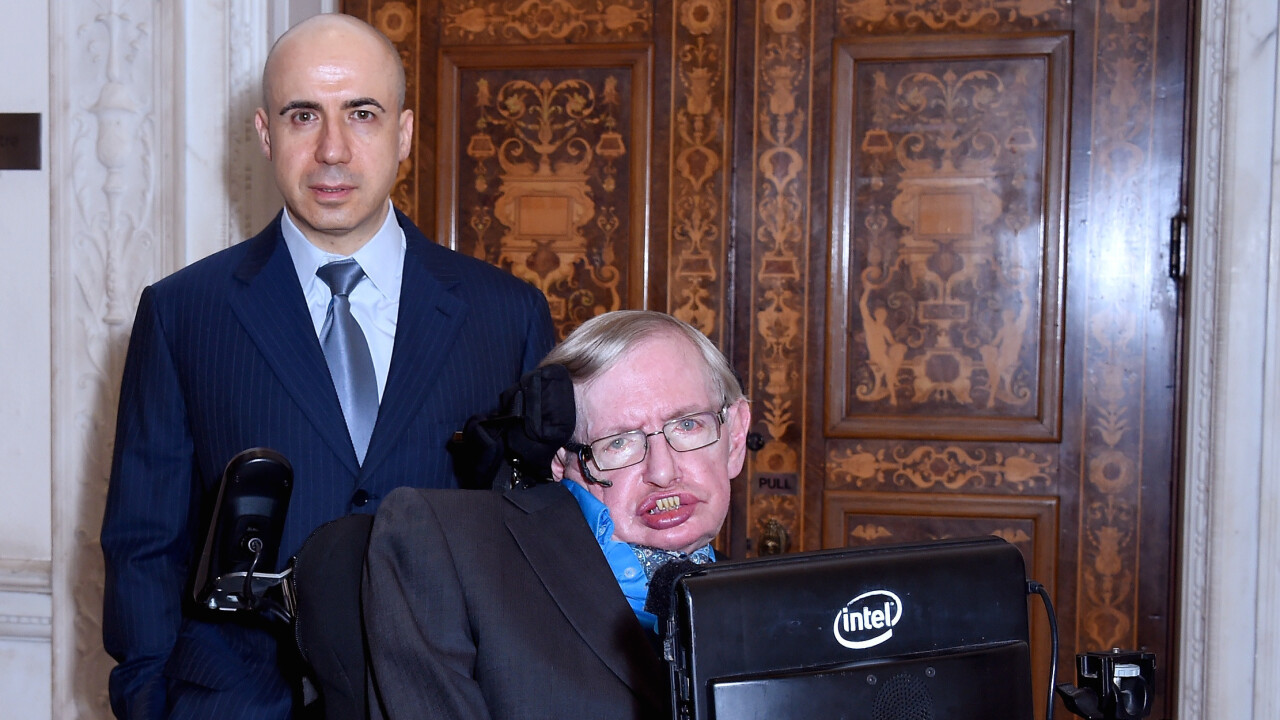
Professor Stephen Hawking and Yuri Milner, the immensely wealthy Russian tycoon with stakes in Facebook and Alibaba, have announced a $100 million project to search for intelligent extraterrestrial life.
The plan has two parts –
- Breakthrough Initiative (a 10-year study using two huge telescopes to survey 1,000,000 nearby stars)
- Breakthrough Listen (a wider search using open data and open source software)
There is also a $1 million prize for anyone who presents credible evidence of alien life.
Essentially, this is all about ensuring that we, as a species, actually have our ears open and are listening for signals that other lifeforms are out there.
Hawking told the news conference in London: “We believe that life arose spontaneously on Earth, so in an infinite universe, there must be other occurrences of life.”
While the modern Search for Extraterrestrial Intelligence (SETI) movement has been listening for radio signals since 1960, it has received very little government funding.
NASA SETI research was repeatedly attacked by politicians as ‘wasteful’ throughout the 70s and 80s, with programs cancelled and restarted.
In 1992, NASA’s Microwave Observing Program (MOP) was started to provide long-term scanning of 800 nearby stars but was killed soon after by Congress.

The Breakthrough project will make a huge difference as we’ll finally be listening all the time, for the 10-year life span of the project, rather than the current 24 to 36 hours of telescope time available to the SETI Institute currently.
According to Milner and the project’s many scientist advisors/backers, the effort will be able to collect as much data in a day as previous SETI initiatives have been able to do in a year. Milner is personally bankrolling the entire effort.
The data from Breakthrough Listen will be publicly available, meaning the search for radio signals will be open to anyone with the time and interest to analyse it.
The project teams will also be working on ways to improve our methods of signalling our existence to the universe. If ET is out there, he can finally phone his second home and expect to get a reply.
Read next: Professor Stephen Hawking’s speedy new Intel speech system is built on SwiftKey
Image credit: Stuart C Wilson/Getty Images
Get the TNW newsletter
Get the most important tech news in your inbox each week.





